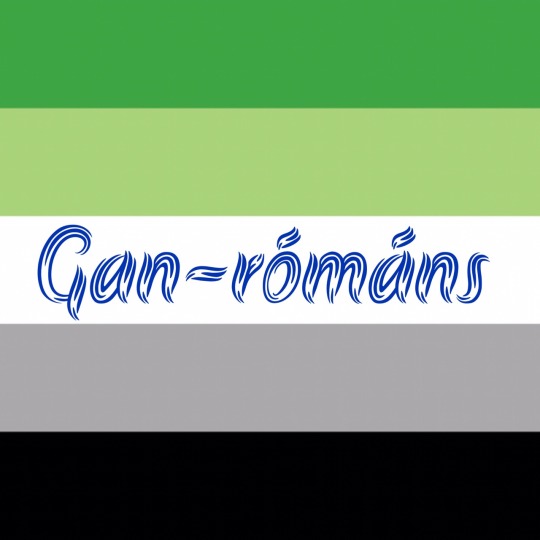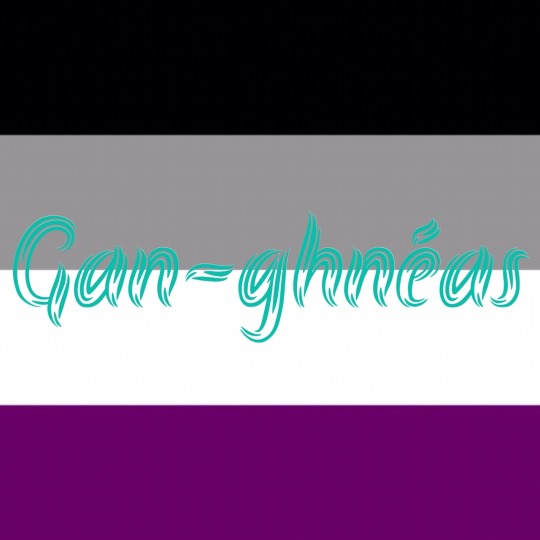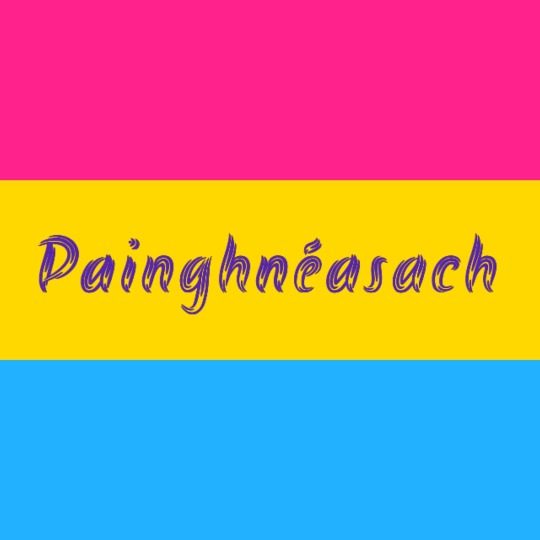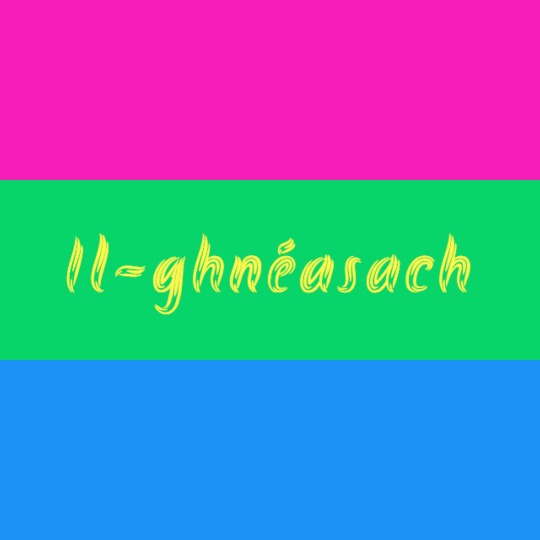#teanglann.ie/en
Explore tagged Tumblr posts
Text

Apologies to @sleepycrowhours for stealing the tags but i want to make a point about learning irish (and I think it applies to language learning as a whole) Duolingo (especially the app, the website is better to be fair but not by much) shouldn't be your primary, or even secondary resource for language learning, it should be a supplement, like flash cards because that's basically what duolingo (Esp. the app) is. It's electronic flash cards, it's nice for vocabulary but horrible for learning grammar, it's yes or no, right or wrong, and language is more fluid than that.
In colloquial speak, if you get it more or less right, the speaker will probably get it, (especially with something as minor as séimhiú and urú which is the english equivalent to switching his/her/their, while duolingo will tell you a sentence is a complete bust if you replace gcat with chait with cat which contexually, speakers will fix themselves and probably won't even mention it to you. Not to mention language is fluid, speakers won't talk like a text book, they'll use conjunctions and phrases you dont know, they'll invent words on the fly.
You should always be learning from books, movies (Yu Ming is ainm dom or cáca milis for irish aimed at young children, an cailín ciúin for more general cinema), poetry (géibheann, an gnáthrud, etc.), music (Teir abhaile riú, oró sé do bheatha 'bhaile, an dreolín, etc.), tv (all of TG4, they have spongebob), RTE player is available for free online.
Buying an irish enlish dictionary, using focloir and teanglann, and reading grammar books will help, writing irish helps too because it makes you look up words you dont know. I had no idea how to use the subjunctive and imperative before, now i do.
All of the info i wrote about séimhiú's and urú's can be found with google, and all of my words of the day are on focloir and teanglann.
tl;dr, using only duolingo is going to give you more robotic speak that even textbook, your vocab will be kind of weird and hyper-specific (kinda like how only learning in a classroom only teaches you to speak about yourself and your family and nothing else). Read irish, write irish, live irish. Remember, you weren't taught your native tongue formally, 80% of what you learn comes from just picking up and talking to people, family, friends, teachers, and maybe 20% was taught in the first few years of school (and a lot of that is written/spelling anyway not actually communicating)
#this is coming from someone with a 40 streak and 4.5 gold units on duolingo#i use it everyday#but its not a good resource to learn how to use a language#i guess its okay for hammering in spellings#but#it doesnt tell you why#so#moral of the story#dont rely on duolingo#irish#irish langblr#irish language#language#linguistics#langblr#languages#language learning
292 notes
·
View notes
Text
aisling
Aisling is in my opinion, a beautiful word which exists in both English and its native Irish. In English (IPA: ˈæʃlɪŋ, aehsh - ling), aisling refers to a poem which includes a dramatic illustration of a dream or vision. More specifically, it refers to a form of Irish poetry which was sometimes used for political ends in the 17th and 18th centuries.
It is a direct borrowing from the Irish aisling (IPA: aʃlʲɪɲ), which more broadly translates to “dream or vision.” This comes from the old Irish form aislinge of the same definition.
Another version of the word I really like is the noun aislingeach, which is a combination of the verb form of aisling meaning “to see in a dream or vision, and the nominal suffix -ach, which comes together to create “visionary or daydreamer.”
#http://edil.qub.ac.uk/2497#teanglann.ie/en#irish#old irish#english#language#linguistics#etymology#English words from irish#poetry#vocabulary#dream#daydream#words#fun facts#historical linguistics#dictionary#merriam webster dictionary#Wiktionary.org#Britannica.com#dreamer#vision#dreams
15 notes
·
View notes
Text
Okay here's the teanglann.ie page on gnéasach (sexuality--the h is added due to a regular grammatical process): https://www.teanglann.ie/en/fuaim/gn%c3%a9asach
We have something like:
Ulster: GREY-(i)-sah (with alveolar flap for the r)
Connacht: GREY-sukh (same)
Munster: g-NEE-uh-sukh (the NEE could also be ny + a very tight ay sound, like ei)
The g might change pronunciation when it becomes gh but I'm not sure.




Gan-rómáns, Gan-ghnéas, Painghnéasach agus Il-ghnéasach
[ID: na bratach gan-rómáns, gan-ghnéas, painghnéasach agus il-ghnéasach agus na focail as Gaeilge]
Sainmhíniú:
Gan-rómáns - ní bhíonn tarraingt rómánsach ar daoine seo ar aon inscne
Gan-ghnéas - ní bhíonn tarraingt ghnéasach ar daoine seo ar aon inscne
Painghnéasach - bíonn tarraingt ghnésach ar daoine seo ar gach inscne
Il-ghnéasach - bíonn tarraingt ghnésach ar daoine seo ar a lán inscne ach ní bhíonn ar gach inscne
Aromantic, Asexual, Pansexual and Polysexual
[ID as Béarla: the aromantic, asexual, pansexual and polysexual flags and the words for them in Irish]
Meanings:
Aromantic - someone who doesn’t experience romantic attraction
Asexual - someone who doesn’t experience sexual attraction
Pansexual - someone attracted to all genders
Polysexual - someone attracted to multiple genders but not all
120 notes
·
View notes